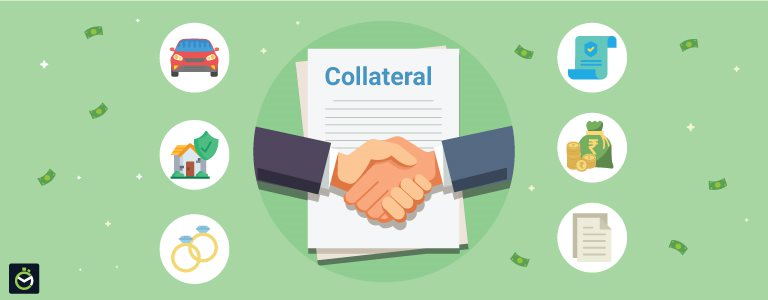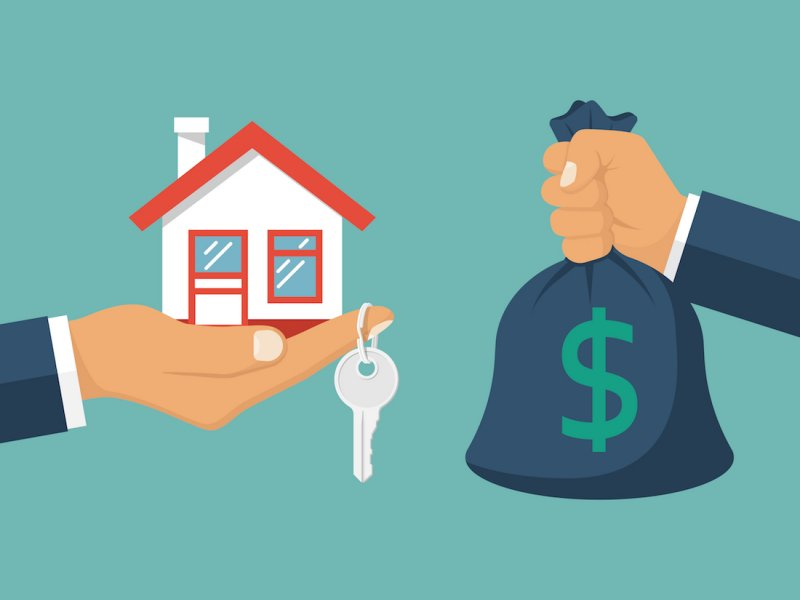Introduction
Collateral is any item of value that can be pledged to the lender in exchange for a loan. Real estate or other assets may be offered as collateral, depending on the nature of the loan. The lender is safeguarded to some extent by the collateral. If the borrower fails to make their payments as agreed upon, the lender can take possession of the collateral and sell it to recuperate some or all of their losses.
How Collateral Works
When a lender has the potential to lose money and wants to minimise that risk, collateral is often requested. If you fail to make payments on a loan and have pledged an asset as collateral, the lender may seize the asset in question. Foreclosure occurs when a borrower defaults on the loan, and the lender takes ownership of the collateral, sells it, and uses the money to settle the debt.
What Are Collateral Loans?
You can get two types of loans from a bank or other financial institution: secured and unsecured. Collateral is an asset you pledge to the lender as security for a loan. Getting a loan without collateral is known as an unsecured loan. If you cannot repay a secured loan, the lender can seize the collateral you provided. Lender risk is reduced, but borrower risk increases. This is why secured loans often have more accommodating terms and lower interest rates.

Can You Borrow Without Collateral?
Finding a lender who is prepared to provide you with a loan based on your income and credit scores is essential if you do not want to put up collateral. Among the available choices are:
Personal loans, credit cards, and other forms of unsecured borrowing from financial institutions. Online credit, including P2P lending, is typically an unsecured form of borrowing. To have another person (a co-signer) apply for the loan with you and put their credit in danger increases your chances of being approved. Borrowing without collateral is generally out of the question in certain situations, such as when purchasing a property (unless you have significant equity in the home). Without collateral, your borrowing options may be more limited and costlier.
Sometimes it's harder to get approved than an unsecured loan because of the paperwork involved. Suppose you're applying for a collateral loan. In that case, the lender will need to determine the value of the item you're offering as security, which could necessitate more paperwork than applying for an unsecured loan. However, the procedure and time required may differ depending on the lender. You may lose your property if you don't make payments. When you fail to repay a loan, it can devastate your life. If you take out a collateral loan and don't pay it as agreed upon, the lender can take back whatever you put up as collateral, be it your home, car, or money.
What Happens in the Case of Default?
Even while lenders and borrowers work together to avoid default on a secured loan, if the default does occur, the lender may seize and sell the collateral to recuperate some or all of the loan's losses. Foreclosure refers to the procedure by which a mortgage lender takes possession of a property. Lenders may be hesitant to start the procedure because of the time and money it would take. This is understandable, given the potential difficulty for the borrower. Before considering a borrower defaulted for nonpayment or a missed equated monthly instalment (EMI), a lender will typically issue many reminders and grant a grace period to keep payments current. They could look at options such as getting help paying their mortgage, renegotiating their loan conditions, or getting a portion of their debt written off.
Residential Mortgages
House equity is used as security in a mortgage transaction. Mortgage foreclosure occurs when a homeowner defaults on loan payments for more than 120 days. Once ownership of the property has been transferred to the lender, it can be sold to satisfy any outstanding loan balance.

Conclusion
Loans secured by collateral have been utilised for many years to reduce the lender's risk while improving the borrower's terms. Many people, however, cannot acquire the credit they need to better their lives by expanding their businesses, furthering their education, or purchasing homes because they do not have sufficient collateral.




